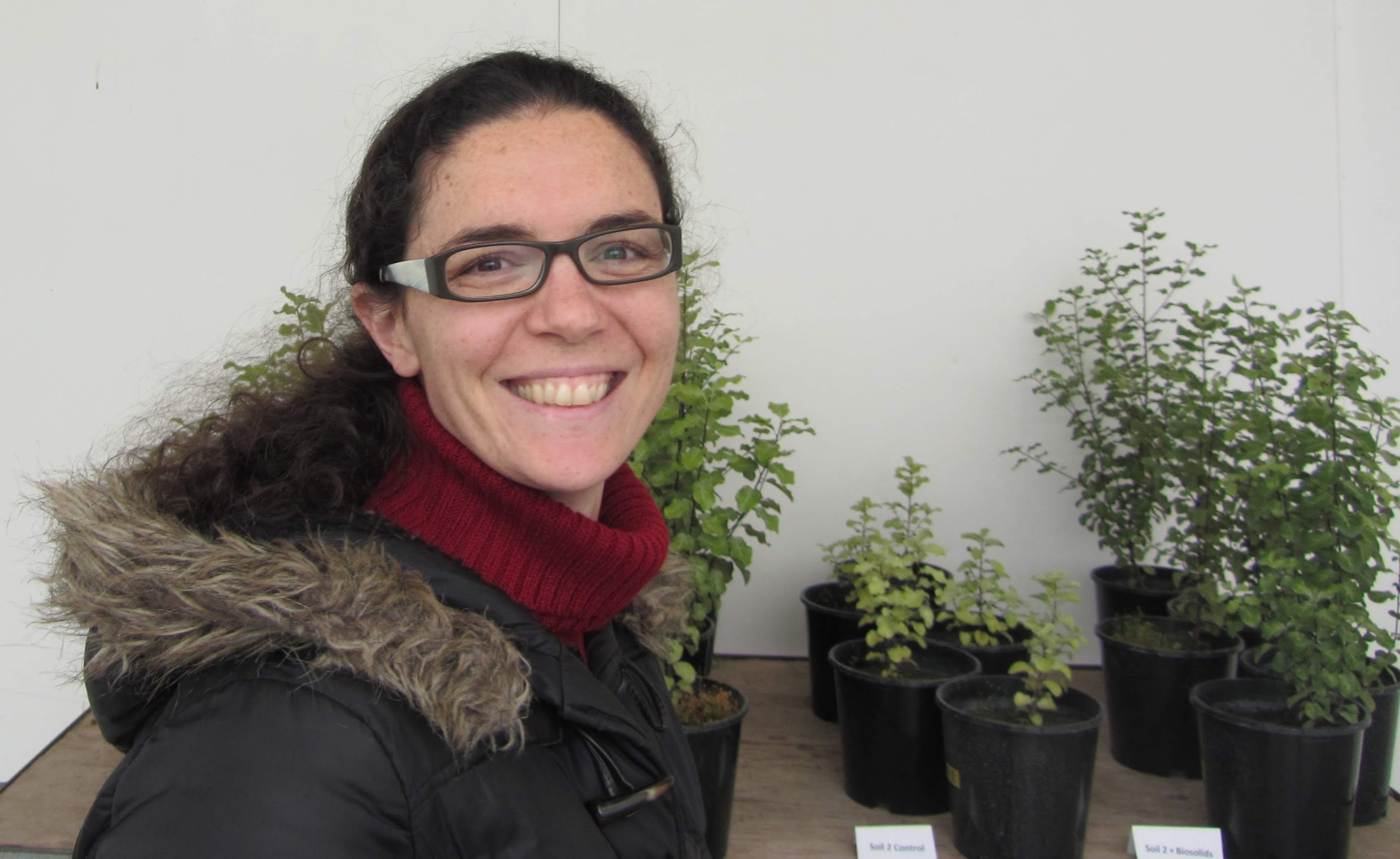Minister for Finance, Minister for Women, Minister for the Public Service
ROSS SOLLY, HOST: ACT Senator Katy Gallagher is also the Minister for Women and joins us on the program. Senator Gallagher, good to have you on the show.
SENATOR THE HON KATY GALLAGHER, MINISTER FOR WOMEN: Thanks for having me on, Ross.
SOLLY: Were you at the meeting today or not?
GALLAGHER: No, it was first ministers only, so, but I –
SOLLY: I would have thought as Minister for Women, that it might have been useful to have you in the room?
GALLAGHER: Well, every jurisdiction has ministers for women as well. So, National Cabinet is primarily – as you know – is first ministers. But obviously, I’ve been working very closely with the Prime Minister in the lead-up to the meeting and we’ve certainly – you know, federal ministers – debriefed since the meeting as well.
SOLLY: Yeah. As I mentioned, Katy Gallagher, in the introduction, the eyes of the nation are on you, are on all its leaders this week. They want you to step up to the plate, to do something decisive to end violence against women and children. What have you announced today that will go towards this?
GALLAGHER: Well, certainly Ross, I think this is something that we’ve been working on for years, not weeks or days. I mean, I think everyone who works in the gender-based violence sector has a deep commitment to ending gender-based violence. I mean, the National Plan calls on ending it in a generation because of the complexity. But I think, you know, there’s no doubt that the emotion and the tragedies that we’ve been dealing with over the past month or so of women losing their lives. But obviously there’s not only those women, there’s the women and children that are facing violence every day, women who are hospitalised and traumatised, children who witness that. And we all have to do better, you know? One of the –
SOLLY: Okay, but again –
GALLAGHER: We have to do better.
SOLLY: But again, what did you announce today that is going towards that, that is going to make people – women and children – from tonight feel a bit safer?
GALLAGHER: Well, this was the first meeting of the National Cabinet ever on gender-based violence, so I think that shows that every leader in the nation is focused on this. That is a good thing. We’ve announced the permanency of the Leaving Violence program, we know that one of the major issues for women and those who perhaps aren’t in touch with support services is often financial insecurity, that is a critical factor when they’re making a decision about whether or not they can leave a violent situation. We’re putting that in place permanently. And importantly, ensuring that there’s some assessments done through that program so that women are, you know, linked in with appropriate services. It’s not just the money. There’s a range of other announcements today about some of the work that needs to be done in the emerging and very harmful space of online services. You know, what children are being exposed to, deepfake porn, all of those sorts of things.
SOLLY: Yeah. Just on a couple of those things, so obviously I mean I think the extension of the plan, the financial plan to support people escaping from terrible, terrible situations, has got to be a good thing. Because I think a lot of people do stay there because they’ve just got no options financially. However, as you said, that’s an extension of a plan that’s already been in place, that’s been there since 2021. It certainly hasn’t stopped people being killed or injured or attacked. Maybe it has saved some people, maybe we’ve got examples, but I’ve seen people complaining today –
GALLAGHER: Well there’s no doubt it has –
SOLLY: – that it’s been poorly – well, I know – but I see complaints today from some people saying that it’s been poorly administered.
GALLAGHER: It has, yep. The review found that, which is why we’ve made a number of changes to the program so that it is a better program targeted to meet women’s needs. It has been plagued by issues of administration and it was a trial, it had no ongoing funding. And so we’ve cleaned that up and we’re putting it in place permanently. Women know that it will be there and they will be supported with the right links and referrals into other services.
SOLLY: It’s a pretty important plan to get right, isn’t it? How do we have a plan in place that had administrative problems?
GALLAGHER: Well, I think it was put together very quickly a couple of years ago. This was before we were in government and it was announced without, as it turns out through the review, without perhaps the necessary scaffolding that needed to go around a program like this. I’m not trying to point the finger, I’m just saying that the review’s been done, it’s shown that 80 per cent of women who were using those payments had not been in touch with any other support service and the kind of infrastructure for the agency that was administering it wasn’t provided. So that’s all been fixed up now and it is an important program. But yeah, it’s not the solution, Ross. This is a much more complex problem deeply ingrained in our community, and I –
SOLLY: It’s a cultural problem, isn’t it? There’s a cultural problem there.
GALLAGHER: Absolutely, absolutely. And I’ve said in numbers of interviews over a long time, governments can do a lot and we should do a lot and we should do more, but we cannot solve this on our own. And it’s a whole of community effort, it’s almost a whole of individual effort. Everyone needs to lean in on this.
SOLLY: You mentioned there this ban on deepfake porn, which is wonderful, but let’s be honest about it, how do you administer that and how do you actually stop it? It’s pretty much impossible, isn’t it? It’s like trying to catch a fish with your hands.
GALLAGHER: We’re not pretending that these issues are easy, but I guess the alternative, Ross, is to do nothing or to say – put our hands up in the air and say, oh well we can’t influence the internet or protect people from some of the things they’ve been seeing. The internet today is a very different place than it was even a few years ago. Young people and young men are being targeted with you know harmful misogynistic content and we need to deal with that. We need to protect children from it and we need to make sure that this isn’t the only material that young people are seeing. So you know it’s not going to be easy, but what we’re saying is we need to have some rules about this. And the announcement today is about legislation to ban the creation and sharing of that type of material. There has to be some deterrence to this. And we need the platforms to step up and accept that you know it’s not a free for all on these platforms, that they are doing significant harm to generations of children and young people. And I would expect most parents – you’re a parent, I’m a parent – would expect us to have a think through what we can do to protect them.
SOLLY: Well just on that – and my guest by the way is Senator Katy Gallagher, she’s the Minister for Women, she’s also one of our senators here in the ACT – I had a bit of a rant at the start of the program today, Katy Gallagher, as you know is my wont sometimes. But this one was about social media and I’ve been watching closely – and maybe you’ve been watching it as well – in the UK at the moment, they’re about to in the next couple of weeks I believe, announce a ban on children up to the age of 13 having smartphones and children accessing social media until they’re 16. Emmanuel Macron, the French Prime Minister [sic], announced today that he has now received a report from experts also suggesting a ban on smartphones for kids up to 13 and a ban on accessing social media until the age of 18. So, two years longer than the British are planning. Can we do something like that? Why can’t we do something like that?
GALLAGHER: Well, I think – I haven’t been following that overseas but I’m certainly aware that there’s a lot of concern by parents about access to information and videos that come down through kids’ use of a mobile phone. And I think some of what we’re seeing today and the discussion we’ve started today with the States and Territories about this age assurance technology is an element of that. You know, how do we make sure that – I mean, currently, notionally there’s some platforms that have, you know, age limits on them. But young people know how to get around those pretty easily. So, having a look at what technology is out there to protect children from harmful content. And also you know, I guess – and we’re seeing this in the gendered violence space – how do you adapt your policies and your regulation to the impact that technology is having on the community and on individuals. Because this is something that’s you know, it’s something that some of the violence we’re seeing – and some of the you know attacks and misogynistic content we’re seeing – wasn’t really an issue of the scale and size it is now even you know, I don’t know, five years ago.
SOLLY: Yeah, dead right.
GALLAGHER: We’ve seen this huge increase.
SOLLY: Dead right.
GALLAGHER: And governments have to respond to that. So I’m sure that there will continue to be lots of discussion about age appropriateness and age restrictions around online services.
SOLLY: Just on a text, I was going to ask you what you thought the ACT government could do at that level. We’ve spoken to Andrew Barr before, but Sue from Queanbeyan has put it in a text for me. Hi Ross and Katy, I’ve recently helped a woman with two very small children escape domestic violence. She had to go in hiding for three weeks after getting a family violence order as amazingly, it took that long for the perpetrator to be served by ACT Police. This was despite almost daily queries from friends to the police urging for it to be served. It’s just not good enough. And there I think, Katy Gallagher, is a problem. And I think it was discussed at the National Cabinet today. What needs to be done at a judicial level and at a police level to make people feel more protected and to take their complaints, Katy Gallagher? I mean we had this report yesterday here in Canberra about police ignoring several cases that came before them. There’s a real issue there.
GALLAGHER: Well, I think today’s discussion was to make sure the police ministers’ meeting and the attorneys-general’s meeting will be tasked to look at ways to improve police responses, particularly to high risk and serial perpetrators, and when they come back to National Cabinet. So there’s no doubt, and look I’ve spoken to a lot of police – this is a big part of their work, responding to domestic and family violence. Bigger than most people would think in terms of a working day, how many callouts they get. So I think you know, I think they work – I don’t want to criticise police because I think they do a very difficult job in very difficult circumstances, but I do think we should be looking to ways to improve it. And there are gaps. And I think police probably think there’s gaps from other service responses, you know, they would need help with as well. So, no doubt that that’s a big part of the work and I think that’s squarely in the area of States and Territories to manage the police forces. But I think people do expect you know that if women manage to escape and seek safety through violence orders or prevention of violence orders, whatever, however seek it through the courts, that they will be protected and protected by the police. You know, they do everything right and I still think we have too many women and their children who are vulnerable to violence from perpetrators. So there’s a lot to be done. I’m in charge of Data and Digital across the Commonwealth, we’ve been doing a bit of work, I think we can do much more about data sharing, that came up today as well, so that women who are moving around the country or perpetrators who are moving around the country are better managed and that women aren’t having to tell their story and prove themselves time and time again depending on what jurisdiction they’re in. And so I think there’s definitely some progress that we can make there and we need to come back to National Cabinet on that as well.
SOLLY: We’ll leave it there. Senator Katy Gallagher, thank you for your time this afternoon.
GALLAGHER: Thank you very much, Ross.








